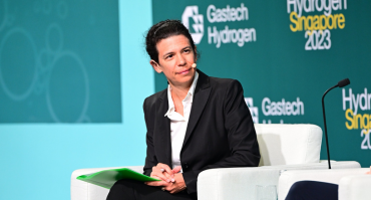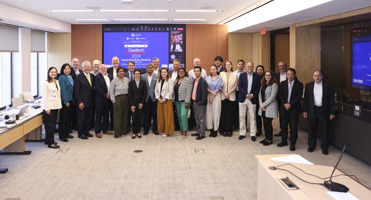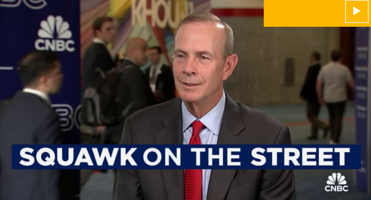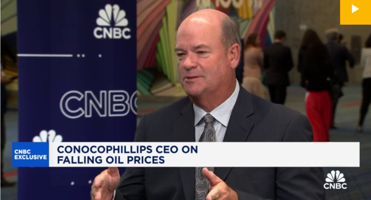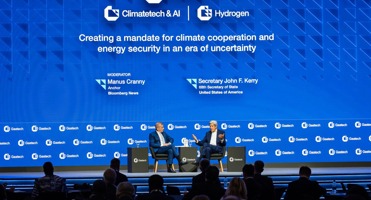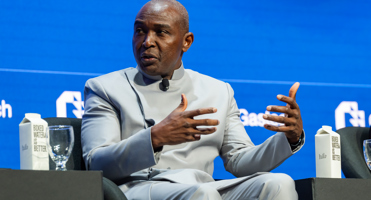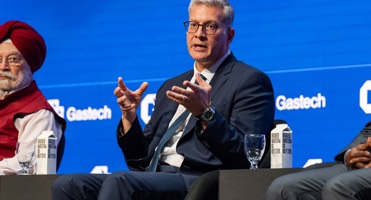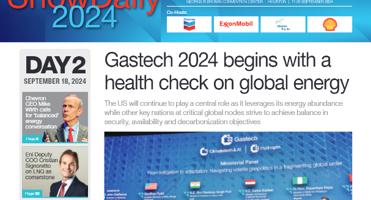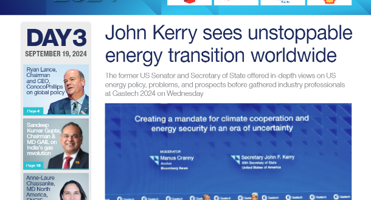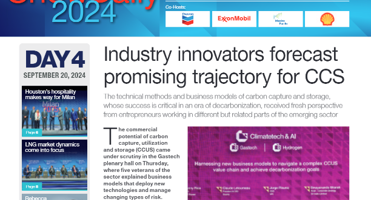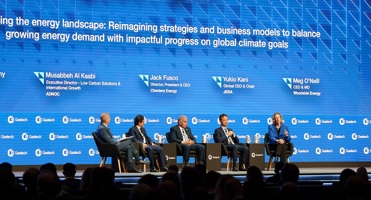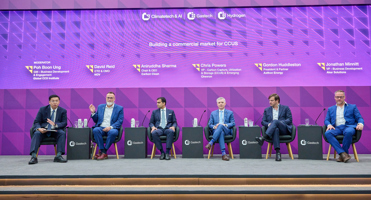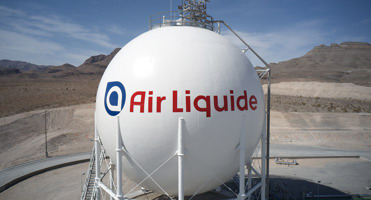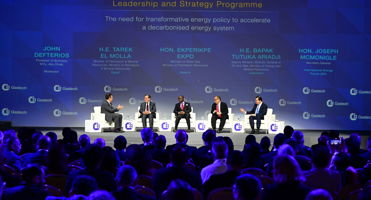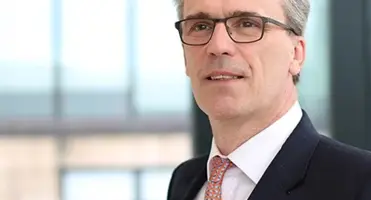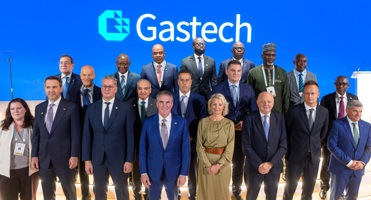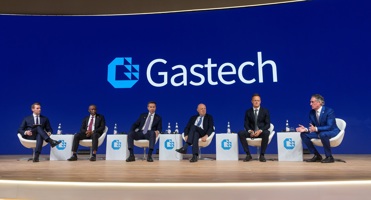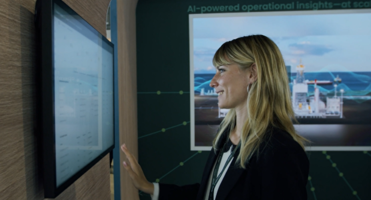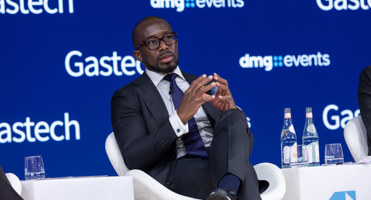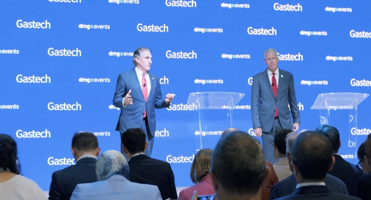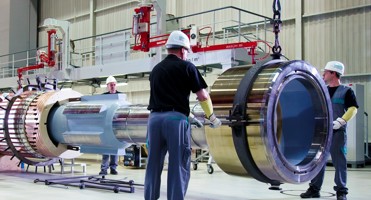Mike Wirth, Chairman and CEO of Chevron, explains his optimism about achieving the dual goals of decarbonization and energy security for all nations. Here is a summary of his opening keynote address on Tuesday at Gastech 2024.
Nearly 10 years after the Paris Agreement, the world stands at an inflection point. Developed countries seek to decarbonize vast segments of their economies while nearly three billion people in less developed countries demand the living standards that energy security provides.
A more robust, resilient global energy system could meet both objectives. We need an approach that acknowledges that the desire for economic prosperity, energy security, and environmental protection is an achievable goal, not a zero-sum struggle. One based on the belief that we can make more progress through collaboration and consensus than through polarization and partisanship.
We need a more balanced conversation about the future of energy – a better, more optimistic conversation that rests on three pillars:
- An agreement that we all want a lower-carbon future;
- A recognition that progress is being made;
- An understanding that the energy transition requires unprecedented innovation and collaboration.
Our industry shares the ambition for reducing emissions, but if we start by ruling solutions out, we will never achieve our goals. Instead, we should be ruling options in – so viable technologies that reduce emissions can be part of the solution.
Natural gas is a key enabler of a lower-carbon future. A recent McKinsey report – using EIA data – calculated that switching from coal to gas in US power generation reduced carbon emissions by over half a billion metric tons, more than double the reduction from all additions of wind and solar power over the past 15 years.
Natural gas is a viable solution for countries working to transition away from coal. According to the IEA, in 2022, coal combustion generated approximately 15 billion metric tons of CO2 worldwide, more than a third of total global greenhouse gas emissions. Cutting emissions by switching from coal to natural gas could represent the single greatest carbon reduction initiative in history.
A balanced conversation recognizes progress is being made – and that it will occur at different speeds around the world and in different economic sectors. Incorporating renewables into the grid is relatively straightforward, but we need to develop lower-carbon methods for hard-to-abate sectors like manufacturing, shipping, aviation, and mining.
There are technological advances and growing policy support. Yet the solutions, scale, and speed of the energy transition will be determined by how quickly lower-carbon substitutes match or surpass today’s sources in cost, efficiency, and usefulness.
The IEA estimates that 70% of the methane emissions from the energy sector could be reduced with today’s technologies. But many technologies have not been fully developed or deployed at scale. Doing so requires creative partnerships and bold collaboration at all levels.
Partnerships that reduce the cost and risk of investment, unlock capital, improve efficiency, speed integration, and ensure new energy solutions are supported in their early days but ultimately compete on a level playing field.
Our industry has a leading role to play. We have the capabilities, assets, and global relationships to help advance the lower-carbon energy system of the future. We need to apply these core competencies in new and innovative ways.
Optimism is the Fuel of Progress
We can lead in another way by shifting the tone of the conversation about the future of energy, infusing it with a more hopeful mindset and the can-do spirit that defines our industry. Pessimism clouds today’s energy conversation, erodes confidence, saps creativity, and induces fatalism. It creates a mindset that polarizes the discussion, leading some to conclude our climate goals can only be met by imposing economic austerity, depriving people of affordable, reliable energy, and denying the universal human aspiration for a better quality of life.
Optimism reflects humanity’s incredible advances during the last century of energy abundance and our prospects for an even brighter future. It fosters a shared sense of purpose and inspires confidence in the power of human ingenuity to solve our biggest challenges.
This is the fuel of progress. Our industry is vital to human prosperity, and we share a responsibility to provide the energy the world demands and lessen its environmental impact. We will help achieve a lower-carbon future and continue delivering the affordable, reliable, ever-cleaner energy that drives human progress.















